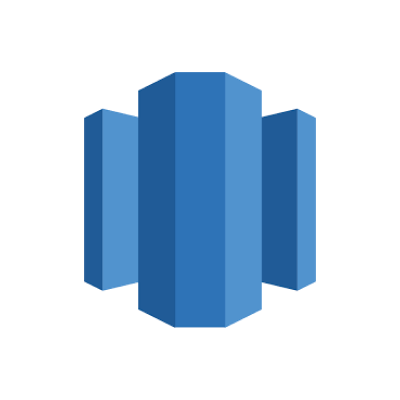Compare - Databricks VS Mozart Data
Here’s the difference between Databricks and Mozart Data. The comparison is based on pricing, deployment, business model, and other important factors.
About Databricks
Databricks provides a data lakehouse that unifies your data warehousing and AI use cases on a single platform. With Databricks, you can implement a common approach to data governance across all data types and assets, and execute all of your workloads across data engineering, data warehousing, data streaming, data science, and machine learning on a single copy of the data. Built on open source and open standards, with hundreds of active partnerships, Databricks easily integrates with your modern data stack. Additionally, Databricks uses an open standards approach to data sharing to eliminate ecosystem restrictions. Finally, Databricks provides a consistent data platform across clouds to reduce the friction of multicloud environments. Today, Databricks has over 7000 customers, including Amgen, Walmart, Disney, HSBC, Shell, Grab, and Instacart.
About Mozart Data
Mozart Data is the fastest way to set up scalable, reliable data infrastructure that doesn’t need to be maintained by you. Instead of piecing multiple tools together, get everything you need to set up a modern data stack (including ETL, a Snowflake data warehouse, and data transformation tools) in an hour, get visibility into your data pipelines, and ensure your data is reliable. Spend less time and money on your data infrastructure, reduce your time to insight by 76%, and create a data-driven culture from the start.
Comparison Table
| Overview | ||
|---|---|---|
| Categories | Data Warehouses, Data Lakes | Managed Data Stack |
| Stage | Late Stage | Early Stage |
| Target Segment | Enterprise, Mid size | SMBs, Mid Size |
| Deployment | SaaS | SaaS |
| Business Model | Commercial | Commercial |
| Pricing | Freemium, Contact Sales | Free trial |
| Location | San Francisco, US | California, US |
| Companies using it | ||
| Contact info |
Add to compare
